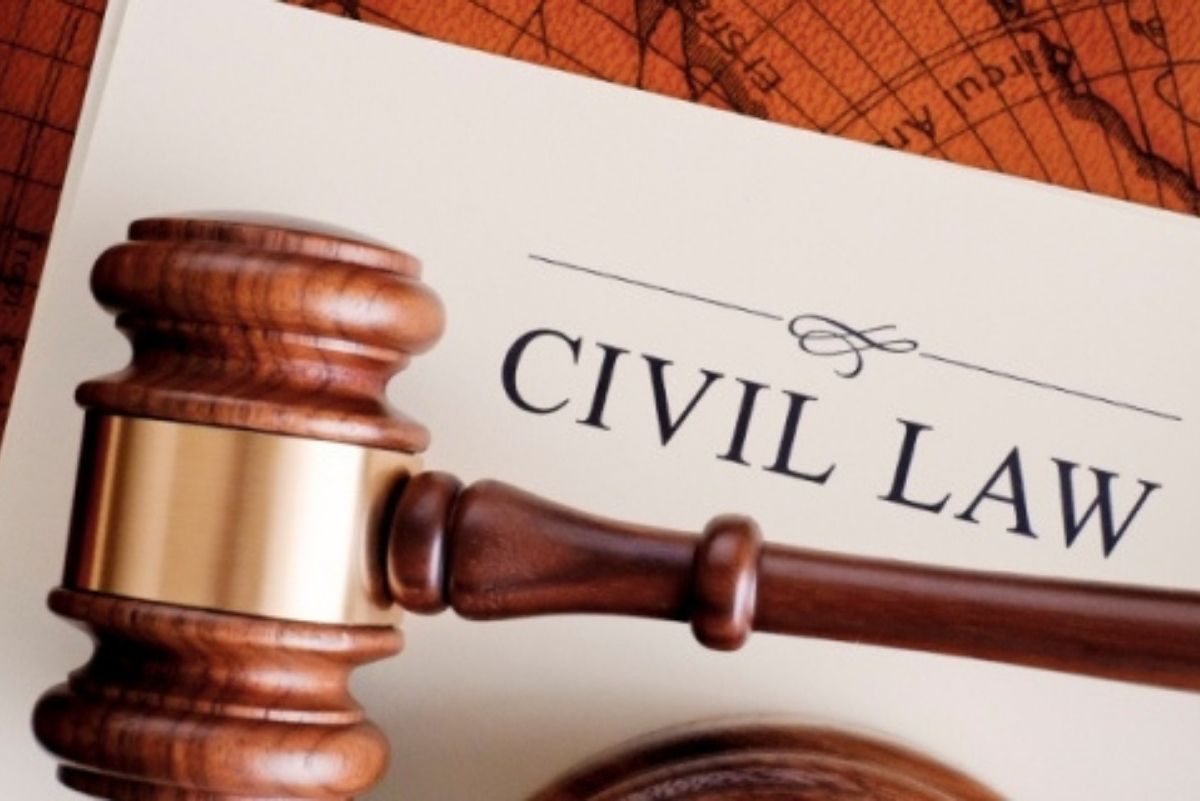Jeff Sessions Pushes for Tougher Drug Laws: A Controversial Step Backward?
In an era where criminal justice reform has become a rallying cry for progress, Jeff Sessions’ staunch advocacy for tougher drug laws feels like a deliberate pivot to the past. The former U.S. Attorney General, notorious for his hardline stance on crime, made waves with his push to revive policies reminiscent of the Reagan-era War on Drugs. To his critics, this approach represents a regressive step; to his supporters, it’s a necessary corrective in an age of perceived leniency. But one thing is certain—Sessions’ vision ignites a fierce debate about justice, fairness, and the future of drug policy in America.
Jeff Sessions, the former U.S. Attorney General, championed stricter drug policies, reigniting debates over criminal justice reform. His push for harsher penalties faced criticism from advocates seeking more rehabilitative approaches. Those impacted by these stringent measures may need to get legal help from a Los Angeles drug crimes lawyer to navigate complex legal ramifications.
The Case for “Tough Love”
Sessions has never been one to mince words when it comes to crime and punishment. His philosophy is rooted in the belief that stringent enforcement of drug laws is essential to curbing addiction, reducing violence, and preserving the moral fabric of society. He paints a dire picture of America under siege by drug epidemics, from opioids to synthetic substances, insisting that leniency only fuels the fire.
“Good people don’t smoke marijuana,” he famously quipped—a statement that encapsulates his black-and-white view of substance use. To Sessions, the path forward is clear: harsh penalties, zero tolerance, and a crackdown on what he sees as the permissive culture surrounding drugs.
For some, this approach resonates. Communities ravaged by addiction often call for immediate action, and the promise of a tough-on-crime strategy can feel like a lifeline. Supporters argue that without fear of consequences, traffickers and users alike will continue to exploit the system, leaving devastation in their wake. To them, Sessions is not regressive but resolute—a leader willing to make the hard choices necessary to protect society.
Collateral Consequences
However, the crux of the opposition lies in the devastating ripple effects of such policies. Critics argue that tough drug laws disproportionately target marginalized communities, leading to over-policing, mass incarceration, and generational cycles of poverty.
Sessions’ push for mandatory minimum sentences, in particular, has drawn ire. These rigid guidelines strip judges of discretion, treating a small-time offender with the same severity as a major trafficker. The result? Prisons overflowing with nonviolent drug offenders, lives derailed for minor infractions, and a criminal justice system that prioritizes punishment over rehabilitation.
Moreover, opponents contend that Sessions’ approach ignores the root causes of addiction. Substance abuse is as much a public health issue as it is a legal one, they argue. Treating addicts like criminals rather than patients only exacerbates the problem, creating a revolving door of arrests and incarcerations with little to no focus on recovery. For these critics, the War on Drugs was not just a failure—it was a humanitarian catastrophe. Sessions’ policies, they warn, threaten to repeat those same mistakes.
Economic Realities of Tougher Drug Laws
The economic implications of Sessions’ vision cannot be ignored either. The cost of mass incarceration is staggering, burdening taxpayers with billions of dollars annually. Policing, prosecuting, and housing offenders drain resources that could be better spent on education, healthcare, or community programs designed to prevent drug abuse in the first place.
Furthermore, there’s the issue of opportunity cost. In states where drug decriminalization or legalization has taken root, significant economic benefits have emerged—jobs created, tax revenues boosted, and law enforcement freed up to focus on violent crimes. Sessions’ warpath against such progressive measures threatens to stifle these advancements, locking communities into an outdated and costly paradigm.
Public Sentiment and the Changing Tide
Perhaps the most striking aspect of Sessions’ crusade is how out of step it feels with the current public mood. Across the political spectrum, Americans have increasingly embraced reforms aimed at decriminalization, rehabilitation, and harm reduction. States continue to legalize marijuana, while bipartisan efforts in Congress seek to address the inequities of the past through sentencing reform and expungement initiatives.
In this context, Sessions’ rhetoric can feel not just outdated but defiant—an ideological relic refusing to bend to the winds of change. Yet, for all the criticism he receives, Sessions’ hardline stance forces a critical question: Are we moving too fast? Are progressive policies rooted more in optimism than pragmatism, and could they inadvertently lead to greater harm?
A Battle for the Soul of Drug Policy
At its core, the debate surrounding Jeff Sessions’ push for tougher drug laws is not just about policy—it’s about values. It’s a battle between two fundamentally different philosophies: one that prioritizes order and deterrence through strict enforcement, and another that seeks compassion and systemic change to address the complexities of addiction.
Neither side has all the answers, and the stakes are undeniably high. Addiction continues to devastate families and communities. Trafficking networks exploit vulnerabilities with ruthless efficiency. Yet, the path forward remains deeply contested, with Sessions’ approach standing as a stark reminder of the road many thought the country had left behind.
As America grapples with these questions, the legacy of Sessions’ policies will depend not only on their immediate outcomes but on the broader lessons they impart. Will they reinforce the belief that punishment is the ultimate deterrent? Or will they serve as a cautionary tale of what happens when the complexities of a modern epidemic are met with the blunt instrument of outdated ideology? Only time will tell.



